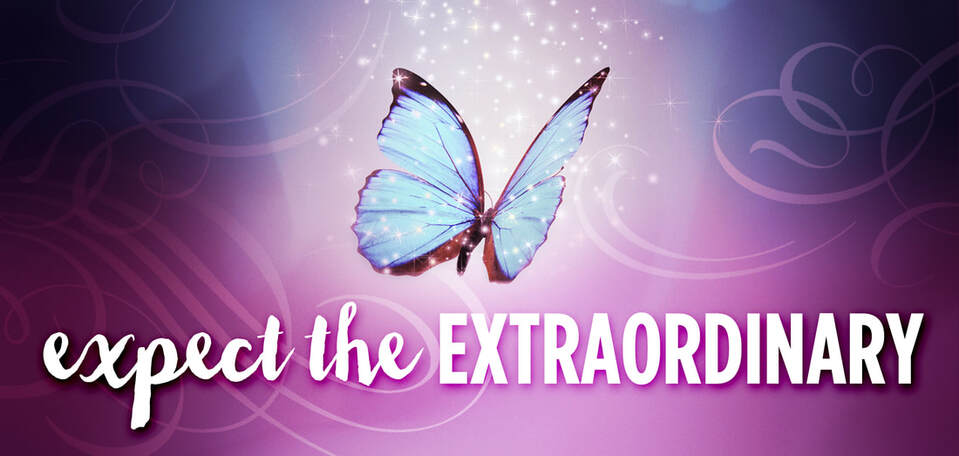|
Addicted to Failure: Three Billionaires on How to Win the Game of Life
by Charles Chu Not a lot of people know about Ray Dalio, and he prefers it that way. Considered one of the “100 most influential people in the world” by Time magazine, Dalio is the founder of Bridgewater Associates, the largest hedge fund in the world, with $122 billion under management. So he’s kind of a big shot. But whatever image you have of Dalio, you are probably wrong. Most of us have no clue what truly successful people are like. That’s something Dalio learned when he first started his hedge fund. Here’s an excerpt from Principles, a brilliant (and freely available) manifesto of Dalio’s rules for life and business: …the popular picture of success — which is like a glossy photo of an ideal man or woman out of a Ralph Lauren catalog, with a bio attached listing all of their accomplishments like going to the best prep schools and an Ivy League college, and getting all the answers right on tests — is an inaccurate picture of the typical successful person. Instead, Dalio noticed that truly successful people have an interesting sort of humility: Great people become great by looking at their mistakes and weaknesses and figuring out how to get around them. So I learned that the people who make the most of the process of encountering reality, especially the painful obstacles, learn the most and get what they want faster than people who do not. I learned that they are the great ones — the ones I wanted to have around me. Take any self-made billionaire — or high achiever in any field — and you’ll find a large number of these “failure-loving” people. For example, here’s a quote from another billionaire — Warren Buffett’s business partner, Charlie Munger: “There’s no way that you can live an adequate life without many mistakes. In fact, one trick in life is to get so you can handle mistakes. Failure to handle psychological denial is a common way for people to go broke.” (From Tao of Charlie Munger) Mistakes are the currency of success.
0 Comments
How are you measuring your life? Is it by the number of "toys" you have or the business successes you have experienced or the achievements of your family? What about you yourself? What measure do you have for true happiness? I learned long ago when I was a corporate executive that it wasn't the cars or houses or dinner parties that brought me joy. It was doing something in the world that made a difference.nehBut, it took cancer to jolt me into taking action. When I knew that I was going to leave my corporate job, I told everyone I knew. All of my friends ttold me about wonderful opportunities but I knew the decision had to come from inside of me. I found my new life by following my intuition when I met a new opportunity. Was it right for me? Did it feel good? Would it make a difference in mine and others' lives? My goal now is be an evangelist for "taking chances for change". Every time we listen to our intuition or messages from our heart, we embark on a new, small footpath of our life's course, and we open up ourselves to heart and mind expansion. What are your dreams? What "lights you up"? What do you love to do that you would do even if you did it for free? Those are the criteria that ask my clients to consider when they are sitting on the fence about making a decision for change. Would you be happier or more stressed by making this change? There will many inside details that you will not know about this potential change, but your intuition (which resides in your heart) will guide you to embracing your wondrous potential. Wishing you a life filled with moments that take your breath away! |
AuthorSue Pighini is a an author and Transformation Life Coach who guides her readers and clients through a desire for greater reinvention of their lives. How do you live an extraordinary life? Sue accompanies you on your journey of change and creation in her blogs and books. Archives
March 2021
Categories |



 RSS Feed
RSS Feed